Obituary: William Lesher
Global religious leader, lifelong civil rights advocate
Reverend William E. Lesher, a global religious leader who was president of two Lutheran seminaries, crossed the Edmund Pettus bridge in Selma, Alabama with Martin Luther King, Jr. during the landmark 1965 civil rights march, and most recently chaired the Parliament of World Religions, died January 23 of heart disease and cancer at his home in Claremont. He was 85.
Bill Lesher was a larger-than-life figure in theological education,” said James Nieman, president of the Lutheran School of Theology in Chicago, Illinois. “His unparalleled tenure of leadership in two seminaries, including our own for 19 years, is hard for someone in my role to fathom today. I am grateful to God for Bill’s gifts of vision and commitment, and will miss his wide smile, caring words and joyful heart.”
Reverend Lesher served as pastor at Reen Memorial Lutheran Church in St Louis, Missouri from 1958 to 1964, and then at Chicago’s St Luke’s Lutheran Church from 1964 to 1971. He and his two brothers, Bob and Jack, followed their father, Royal Lesher, who was also a pastor as are a nephew and niece.
Reverend Lesher left the pulpit in 1971 for work in the seminary, first on the faculty at LSTC and then, in 1973, as president of the Pacific Lutheran Theological Seminary in Berkeley. He returned to Chicago in 1979 to become president at LSTC, where he remained until his retirement in 1997.
Throughout his career, he embraced a global vision for the church and for interfaith dialogue, eventually leading him to the Parliament of World Religions. He participated in the organization’s centennial event in Chicago in 1993 and was its president from 2003 to 2010, leading two major interfaith gatherings in Barcelona, Spain and Melbourne, Australia, each drawing about 10,000 participants from more than 80 religions.
“I join with current and emeritus trustees in expressing our gratitude for the enormous contribution of Bill Lesher to the parliament and the wider interfaith movement,” said Robert Sellers, chair of the parliament’s board of trustees. “We are greatly in his debt and continue to be inspired by his exemplary life.”
William Lesher was born in 1932 in Pittsburgh, Pennsylvania, the second son and last child of Royal and Ruth Wagaman-Lesher. His father was a Lutheran pastor in Mount Lebanon, just outside of Pittsburgh. His mother, a schoolteacher, died from breast cancer when he was 13 and living in Chicago. His father remarried another widower, Evelyn, who brought a third brother, Jack Lundin, to the family.
Young Mr. Lesher attended high school in Ridgewood, New Jersey, where the family moved when his father became director of evangelism for the United Lutheran Church. He graduated with a political science degree from Wittenberg College in Springfield, Ohio. He considered a career in international diplomacy before entering the seminary.
He met his wife of 60 years in 1957 in Geneva, Switzerland. A. Jean Olson was working as a journalist/editor at the Lutheran World Federation and he was working as a tour guide in Europe while interning in his final seminary year at the World Council of Churches. They were engaged on their first date, a lunch after church on Palm Sunday, and married later that year.
As a pastor in Chicago during the 1960s, Reverend Lesher was active in support of civil rights and in protest of the Vietnam War. He marched over the Edmund Pettus bridge in Selma with Martin Luther King two days after Bloody Sunday, and he was tear-gassed with anti-war protesters while ministering to them in a North Side park after the 1968 Democratic National Convention in Chicago.
He adopted a global mission for his life from his internship in Europe. At LSTC, he sought initiatives that required students to explore “everything from a global perspective,” leading to creation of the Chicago Center for Global Ministry. He is also credited with launching the Zygon Center for Religion and Science at LSTC.
He became involved with the Parliament of World Religions at its centennial celebration in 1993, 100 years after the Chicago World’s Fair event described as the first dialogue between east and west religions. After his retirement from LSTC in 1997, he focused much of his life on the interfaith movement. He attended the parliament in Cape Town, South Africa in 1999 and was chair of its board of trustees from 2003 to 2010.
“I think of the inter-religious movement as the spiritual expression of the globalized world,” he said in a 2009 magazine interview. “The very existence of the interreligious movement is a massive change in the religious landscape of the world. (It) is an essential force for good that is helping humanity meet the challenges of the modern world.”
Reverend Lesher is survived by his wife, Jean; two sons, David and Gregory; and three grandchildren, Christopher, Timothy and Samera.
An interfaith memorial service will be held at 3:30 p.m. on March 11 at Pilgrim Place, 625 Mayflower Road, Claremont. Rector Emeritus, the Rev. Ed Bacon of All Saints Church in Pasadena, will be the preacher.
Donations in memory of Rev. Lesher may be made to the United Nations Association of the United States of America (please make checks payable to UNAUSA), PO Box 96397, Washington DC, 20090-6397, or online at unausa.org; or to the world headquarters for Lutheran Immigration and Refugee Service, PO Box 17467, Baltimore, MD 21297 or by contacting lirs.org for online giving.



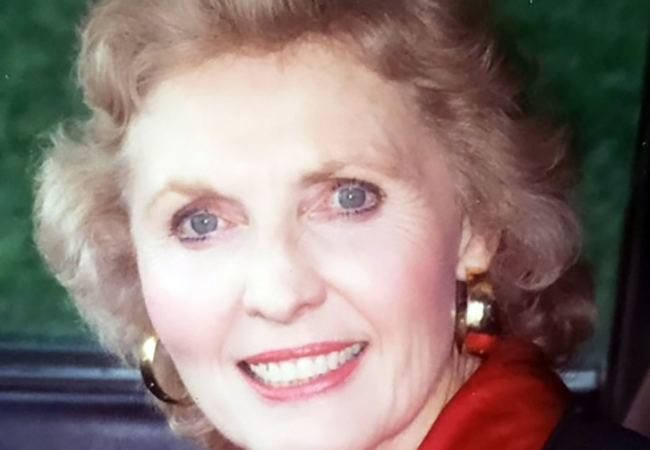
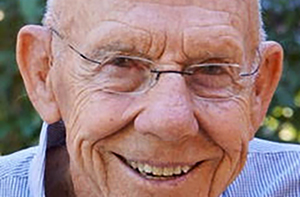
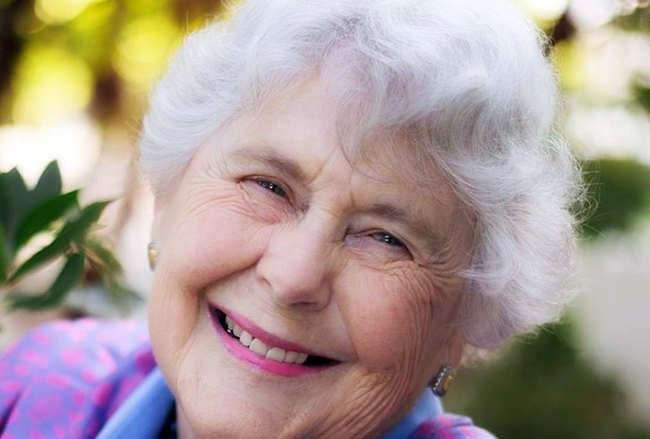
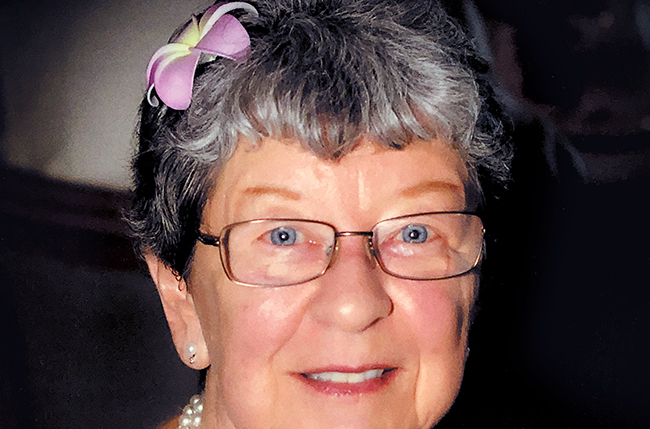
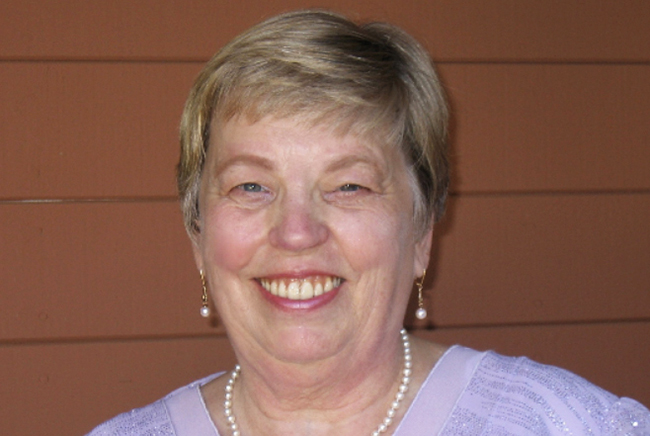
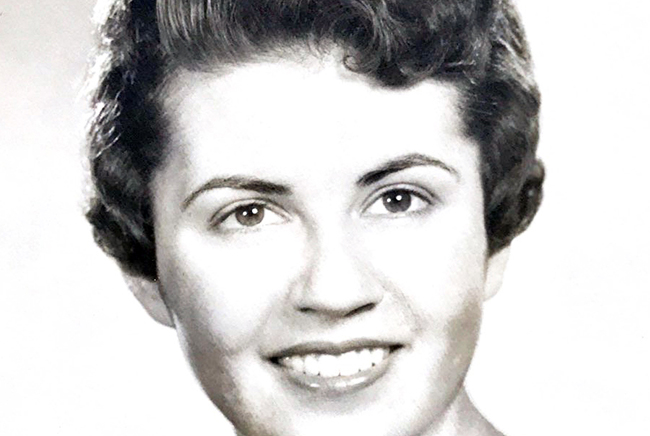

0 Comments